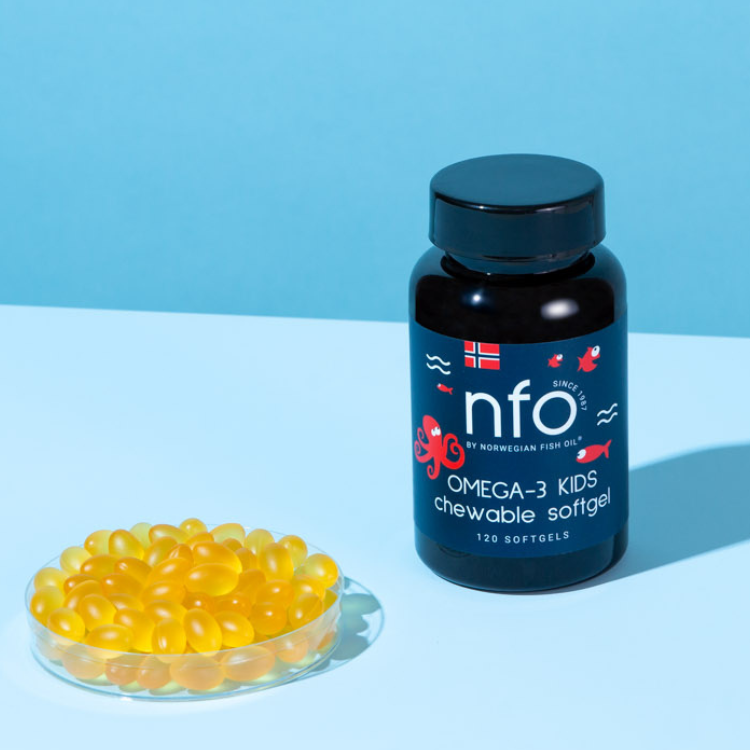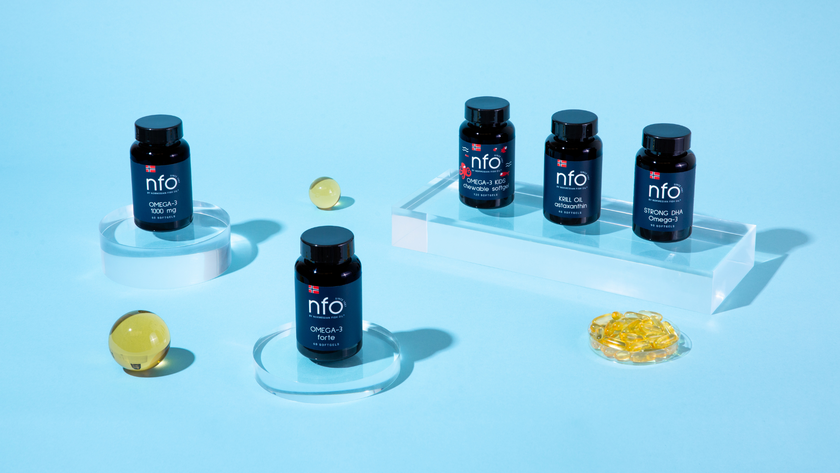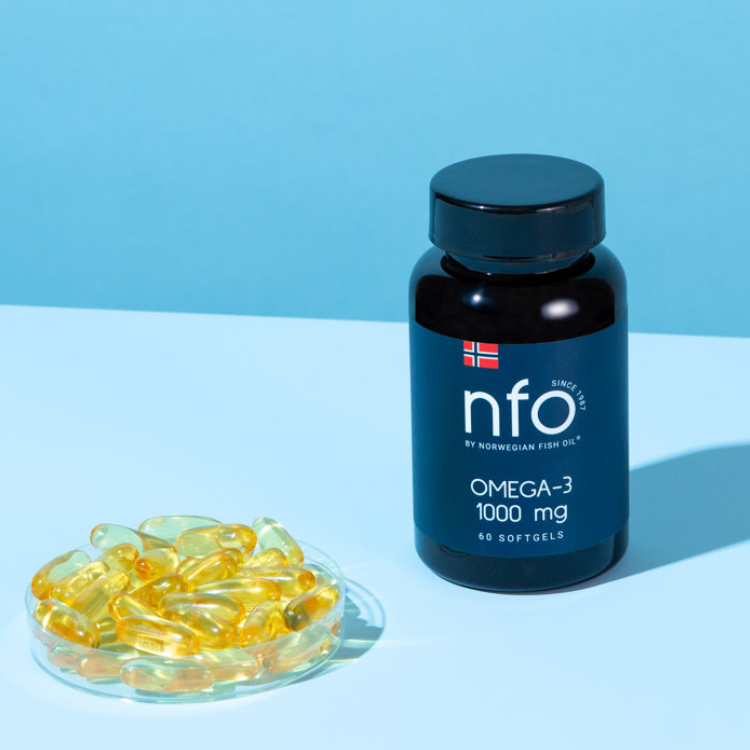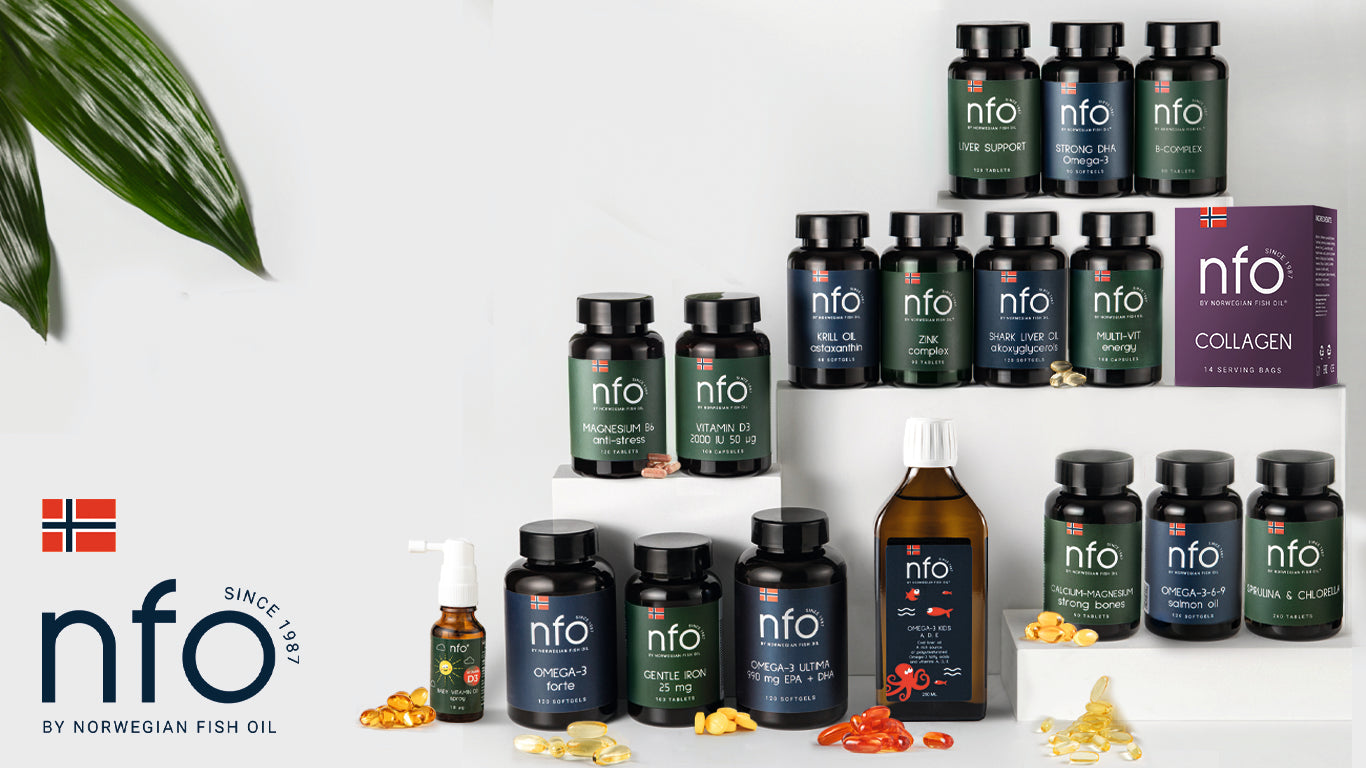Omega-3 fatty acids are essential for the human body. We cannot produce them on our own, so we must get them from food or supplements. These healthy fats support many body systems, such as heart health, brain function, and reducing inflammation.
Despite their importance, many people around the world are not getting enough Omega-3s. This can lead to Omega-3 deficiency, which may affect your well-being in many ways. Here are 5 signs to watch for.
1. Dry and Irritated Skin
Omega-3 helps keep the skin hydrated and strong. Without it, the skin may become dry, itchy, and flaky. You may notice more redness or eczema-like symptoms. Studies show Omega-3 reduces skin inflammation (Calder, 2013; Simopoulos, 2002).
Try: NFO Omega 3 Premium for smooth, moisturised skin.
2. Frequent Mood Swings or Depression
Your brain needs DHA to function well. Without enough, mood changes, sadness, or irritability may appear. Research shows a strong link between Omega-3 levels and mental health (Freeman et al., 2006).
Try: NFO Omega 3 Strong DHA to support emotional balance.
3. Eye Discomfort or Vision Changes
Omega-3 is important for eye moisture and vision. Deficiency may cause dry eyes or blurry vision, especially after screen time. DHA is a major component of the retina (SanGiovanni & Chew, 2005).
Try: NFO Omega 3 Forte to nourish your eyes.
4. Joint Pain and Stiffness
Omega-3 reduces inflammation in the body. Without enough, joints may feel stiff, sore, or inflamed. It’s helpful for arthritis and exercise recovery (Fortin et al., 1995).
Try: NFO Omega 3 Krill Oil + Astaxanthin for comfort and mobility.
5. Poor Concentration and Mental Fatigue
If you feel mentally tired, struggle to focus, or forget things, Omega-3 might help. DHA supports memory and thinking. Omega-3 supplements improve brain function in both kids and adults (Bazinet & Layé, 2014).
Try: NFO Omega 3 Balance for brain clarity.
Bonus: Brittle Nails and Hair Thinning
Omega-3 supports hair growth and nail strength. If your nails break easily or your hair sheds more than normal, low Omega-3 could be part of the cause (Zhao et al., 2020).
Try: NFO Hair, Skin & Nails Collagen Formula for full nourishment.
How to Prevent Omega-3 Deficiency
- Eat fatty fish like salmon or mackerel twice a week.
- Include flaxseeds, chia seeds, or walnuts daily.
- Take a quality Omega-3 supplement if needed.
Explore our full Omega-3 Collection to find the right fit for your lifestyle.
References
- Bazinet, R.P. and Layé, S. (2014). Nature Reviews Neuroscience, 15(12), pp.771–785.
- Calder, P.C. (2006). The American Journal of Clinical Nutrition, 83(6), pp.1505S–1519S.
- Calder, P.C. (2013). British Journal of Clinical Pharmacology, 75(3), pp.645–662.
- Fortin, P.R. et al. (1995). Journal of Clinical Epidemiology, 48(11), pp.1379–1390.
- Freeman, M.P. et al. (2006). Journal of Clinical Psychiatry, 67(12), pp.1954–1967.
- SanGiovanni, J.P. and Chew, E.Y. (2005). Progress in Retinal and Eye Research, 24(1), pp.87–138.
- Simopoulos, A.P. (2002). Journal of the American College of Nutrition, 21(6), pp.495–505.
- Zhao, Y. et al. (2020). Journal of Dermatological Science, 99(3), pp.145–152.









